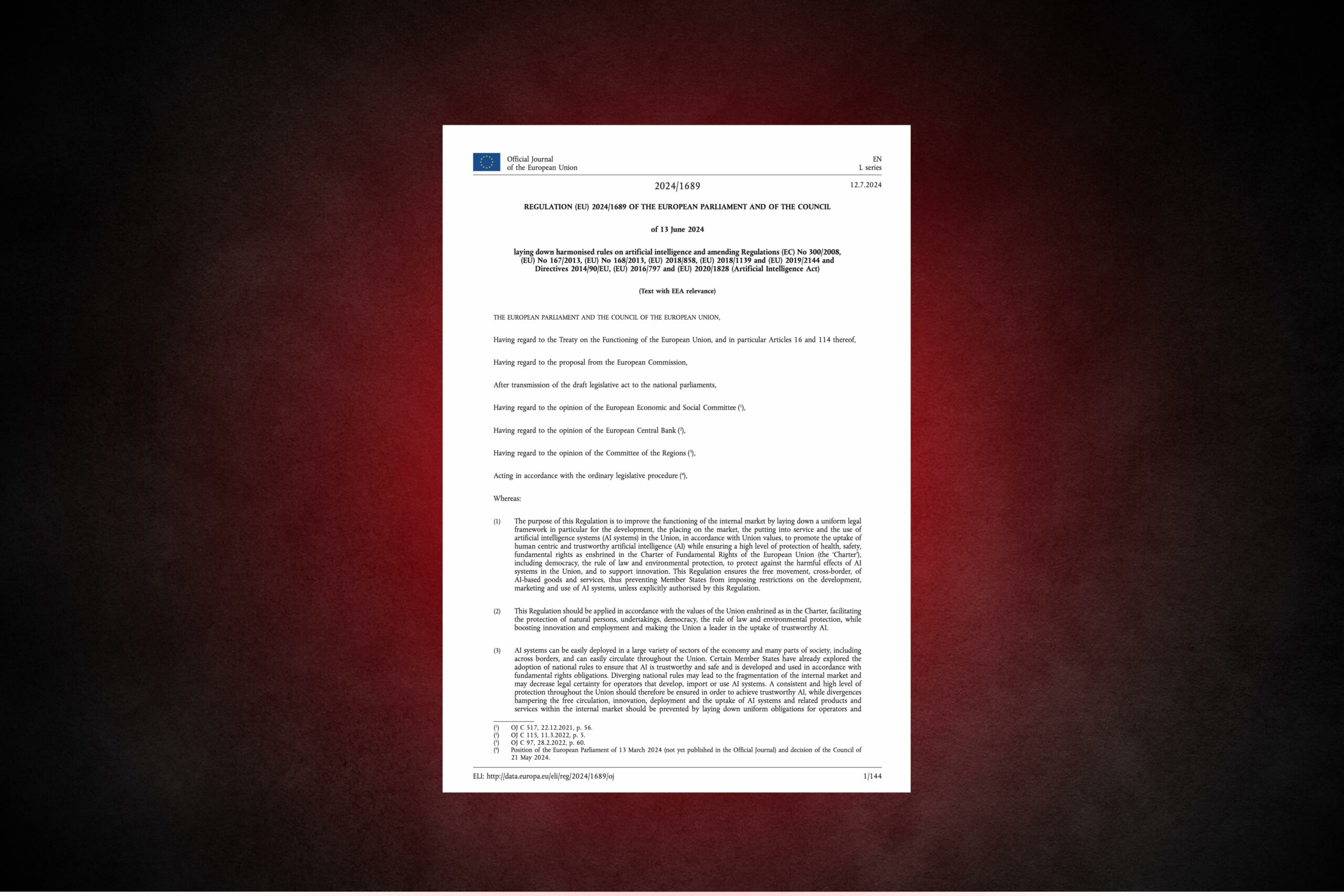The Digital Markets Act (“DMA”) is a complex piece of regulation. It includes some great ideas (as tackling predatory innovation) while being surprisingly conservative (defined as “the wish to resist great or sudden change” by the Oxford Dictionary).
Chapter III intends to “set out the practices of gatekeepers that limit contestability and that are unfair” (p. 13), but one may question whether several obligations it contains won’t, in fact, freeze the market and help existing dominant positions. More specifically, the DMA will prevent gatekeepers from leveraging their (market) power in several ways. For example, it says that a gatekeeper shall:
5(a): refrain from combining personal data sourced from these core platform services with personal data from any other services offered by the gatekeeper or with personal data from third-party services, and from signing in end users to other services of the gatekeeper in order to combine personal data, unless the end user has been presented with the specific choice and provided consent in the sense of Regulation (EU) 2016/679;
6(d) refrain from treating more favourably in ranking services and products offered by the gatekeeper itself or by any third party belonging to the same undertaking compared to similar services or products of third party and apply fair and nondiscriminatory conditions to such ranking;
But leveraging can be pro-competitive. It often is. Let us consider the following example. We are in 2023, and Apple is coming up with a new search engine, “iSearch“. One would think that we should welcome the initiative as iSearch could compete with Google Search. One would also think—knowing how often tech giants fail (see Google Glass, Windows Phone, Fire Phone, Apple AirPower, Windows RT, HP Touchpad, Microsoft Kinect, Google Ara—have you even heard about them all?)—that it would be advisable not to restrict Apple’s competitive intention from the get-go.
Because of the DMA, Apple won’t be able to put iSearch at the top of its App Store (6d). Also, Apple won’t be able to use the personal data coming from the App Store to feed (and improve) iSearch (5a). Differently put, Apple cannot fully use its existing digital infrastructure to leverage iSearch, regardless of iSearch intrinsic qualities. By only focusing on the competition between Google and start-ups, the DMA ends up creating legal barriers protecting Google’s position in online search from other big companies. The same goes, in fact, for all the tech giants’ core digital services. It does not mean that none of these giants’ positions will ever be challenged, but the DMA is making (“moligopoly“) competition between them more difficult. In that regard, the DMA does not promote market dynamism; it protects (preserves) market positions as they exist and simply (re)organizes the distribution of outcomes.
Dr. Thibault Schrepel
@LeConcurrential
***
Citation: Thibault Schrepel, Digital Markets Act: A Conservative Piece of Regulation, CONCURRENTIALISTE (May 20, 2021)








